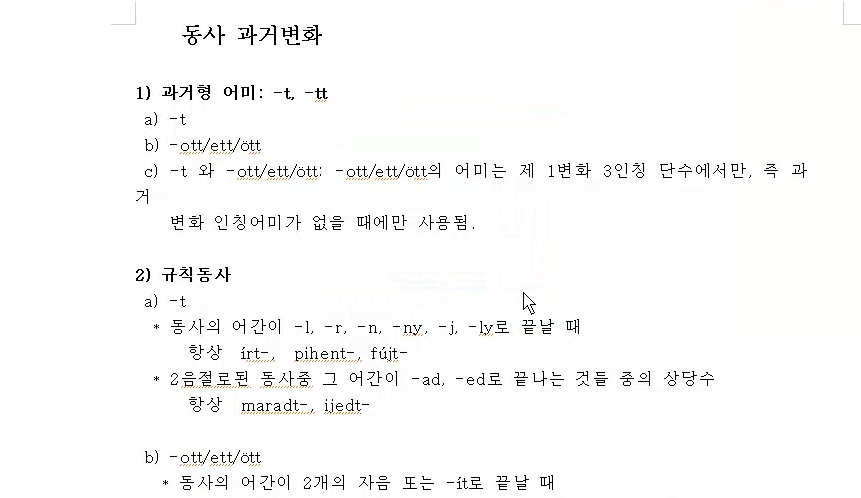This study examines the reasons behind Hungary's divergent actions and value conflicts with the European Union (EU), despite being a member and beneficiary, through the lens of ontological security theory. Ontological security refers to the security o...
http://chineseinput.net/에서 pinyin(병음)방식으로 중국어를 변환할 수 있습니다.
변환된 중국어를 복사하여 사용하시면 됩니다.
- 中文 을 입력하시려면 zhongwen을 입력하시고 space를누르시면됩니다.
- 北京 을 입력하시려면 beijing을 입력하시고 space를 누르시면 됩니다.

존재론적 안보(ontological security) 개념을 통해 본 EU와 헝가리 간 갈등에 관한 고찰 = Examining the EU-Hungary Conflict through the Lens of Ontological Security
한글로보기https://www.riss.kr/link?id=A108969382
-
저자
고주현 (연세대학교) ; LONG YIHONG (연세대학교)
- 발행기관
- 학술지명
- 권호사항
-
발행연도
2024
-
작성언어
Korean
-
주제어
Ontological Security ; Hungary ; EU ; European Integration ; Identity Threat ; 존재론적 안보 ; 헝가리 ; EU ; 유럽통합 ; 정체성 위협
-
등재정보
KCI등재
-
자료형태
학술저널
- 발행기관 URL
-
수록면
197-220(24쪽)
- DOI식별코드
- 제공처
-
0
상세조회 -
0
다운로드
부가정보
다국어 초록 (Multilingual Abstract)
This study examines the reasons behind Hungary's divergent actions and value conflicts with the European Union (EU), despite being a member and beneficiary, through the lens of ontological security theory. Ontological security refers to the security of subjective self-identity. To illustrate this concept, the study utilizes case studies including the EU's refugee policy and Hungary's position on the conflict between Russia and Ukraine.
The motivation behind Hungary's violation of the EU's value-centric regulations is attributed to a perceived threat to identity from the EU, i.e., ontological insecurity. Hungary’s right-wing regime mobilizes the populace by politically associating elements such as Catholic conservatism, populism, nationalism, and authoritarianism, aiming to bolster the perception of ontological security. A stronger sense of ontological stability correlates with weakened resistance to the EU, whereas heightened ontological insecurity intensifies resistance. This ontological insecurity stems from a conscious construction with political motives, and the conscious/unconscious concern that the 'self' identity, distinguished from the 'other', could be eroded or even obliterated. This notion is latent within the consciousness of Hungarian far-right political groups and erupts through confrontation with the EU, especially in volatile crises such as the refugee crisis and the Russo-Ukrainian War.
동일학술지(권/호) 다른 논문
-
EU 온라인플랫폼 규제 -디지털시장법(DMA)의 주요 내용과 쟁점-
- 한국유럽학회
- 양지원
- 2024
- KCI등재
-
- 한국유럽학회
- Havertz Ralf Arnold
- 2024
- KCI등재
-
재외선거 우편투표 도입 사례와 함의: 스웨덴을 중심으로
- 한국유럽학회
- 장선화
- 2024
- KCI등재
-
대항해 시대와 식민제국주의 노예무역에 관한 경제사적 함의
- 한국유럽학회
- 김호
- 2024
- KCI등재




 KCI
KCI






